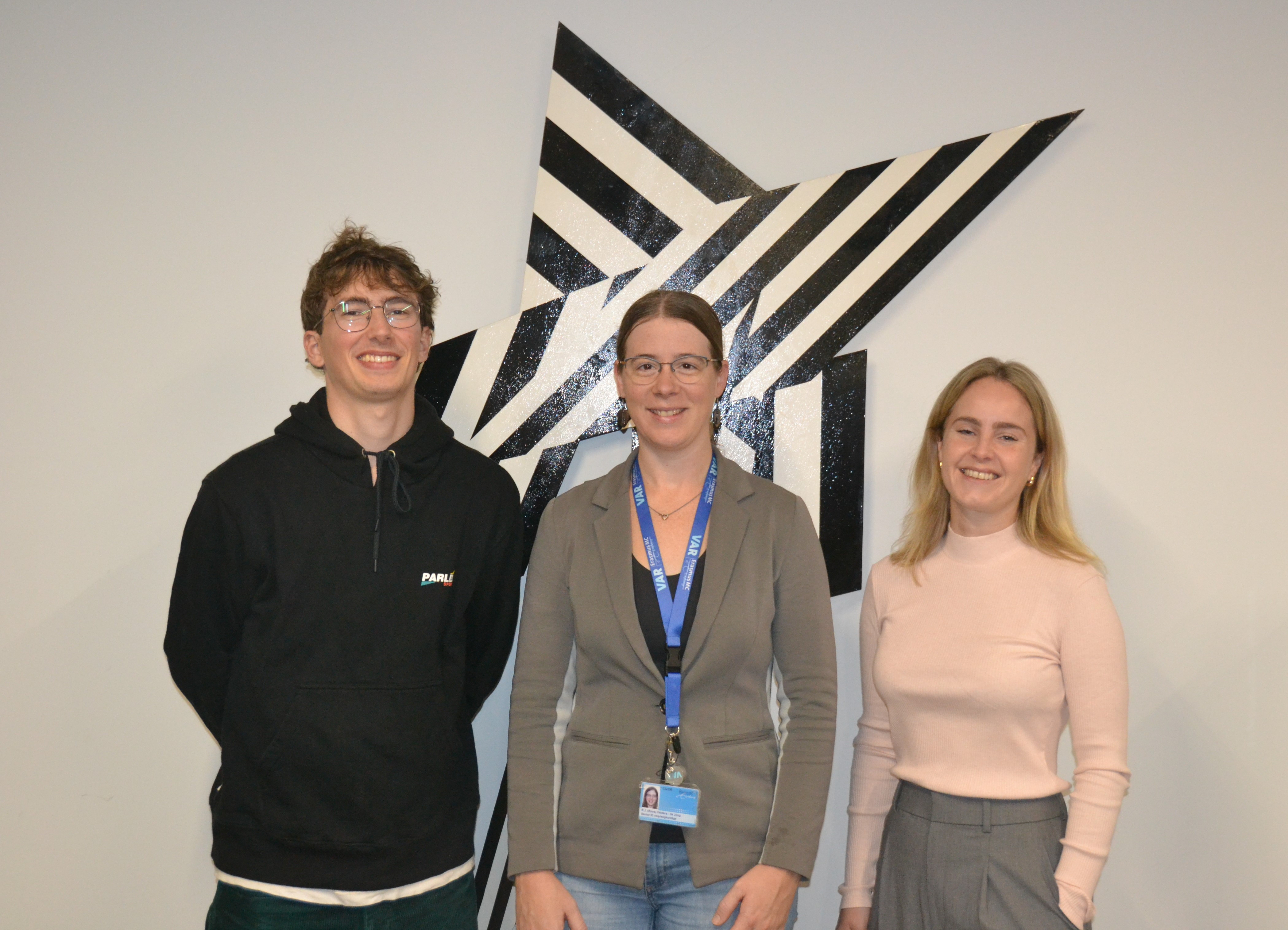01-11-2024
Hearing it First Hand
This summer, a successful tender for urine meters was completed using the QurioCare platform. An important success factor was user involvement - the nursing staff in this instance. In this interview, Roos Velders – de Jong, Senior ICU Nurse and chair of the Nursing Advisory Council (VAR) at Erasmus University Medical Center, talks about her experience with the platform.
Keeping Each Other on Their Toes
“The trigger to start looking for a new product came from the work floor,” says Roos. “Urine meters used up to that point were not meeting our requirements. We weren’t familiar with any alternatives, so we contacted the assortment coordinator and buyer. This led to interesting, new insights. It turned out that the previous urine meter had indeed been tested, but in the operating theatre, where patients lie still and only stay for a short time. Logically, it’s where many patients are fitted with the urine meter, and because of the high consumption, Purchasing assumed this was the right department to test.
“Together we were able to draft an effective schedule of requirements. This included product specifications for the users and the Purchasing Department’s requirements.” Involving Roos in this process was new. The challenge was formulating concrete product requirements instead of expressing preferences. Issues such as costs, sustainability aspects, and supply risk were also discussed. “By doing this together with my colleagues from Purchasing, we were able to keep each other on our toes,” she adds.
“For us, it was good to see that our specific user needs were taken into account. But it was also interesting to see the other commercial, logistical, and sustainability considerations from Purchasing. We weren’t aware of these, but they provided us with valuable insights that made us think more seriously about the schedule of requirements.”
Avoiding Delivery Problems
Roos continues: “There’s nothing wrong with having a preferred product, but it’s good to know that there are also second, or even third best options available that also meet requirements. By allowing users to test different products, we are at least familiar with the alternatives. In the event of supply issues, we can quickly switch to an alternative pre-approved product. My colleagues also felt taken seriously because they had been involved in the verification tests themselves. And when they then see a urine meter that they have approved being delivered, they feel that they’ve been heard.”
Communication is Key
Looking back at the process, Roos sees the importance of actively involving nursing representatives at an early stage. “As nurses, we didn’t have a say in the resources we had to work with, and we needed to change that. In this case, with representation from the Nursing Advisory Council. It would however be even more effective to consult the person ultimately responsible for the nurses on how to involve end users.”
When asked what can be improved in the future, Roos sums it up as follows: “I think good communication is key. This removes a lot of uncertainty that arises when we are suddenly confronted with unknown products. There are a lot of complaints among nurses when products or devices don’t function properly. Resolving these problems wastes a lot of time, which is detrimental for the patient as it can occasionally result in unsafe work-arounds.”
Roos can’t identify a single solution for this, but has seen that involving nurses at an early stage in the purchasing process, for a product they have to work with, makes a big difference. Having heard this, it seems that there is a significant opportunity for assortment coordinators, buyers, and suppliers to improve the process so that nurses can spend more time with patients.

Lennart Abel, Assortment Coordinator Roos Velders-de Jong, Senior ICU Nurse, Chair of the Nursing Advisory Council (VAR), Regional Chair of LNICV Southwest Netherlands Anniek Hoogendorp-Karathanos, Buyer